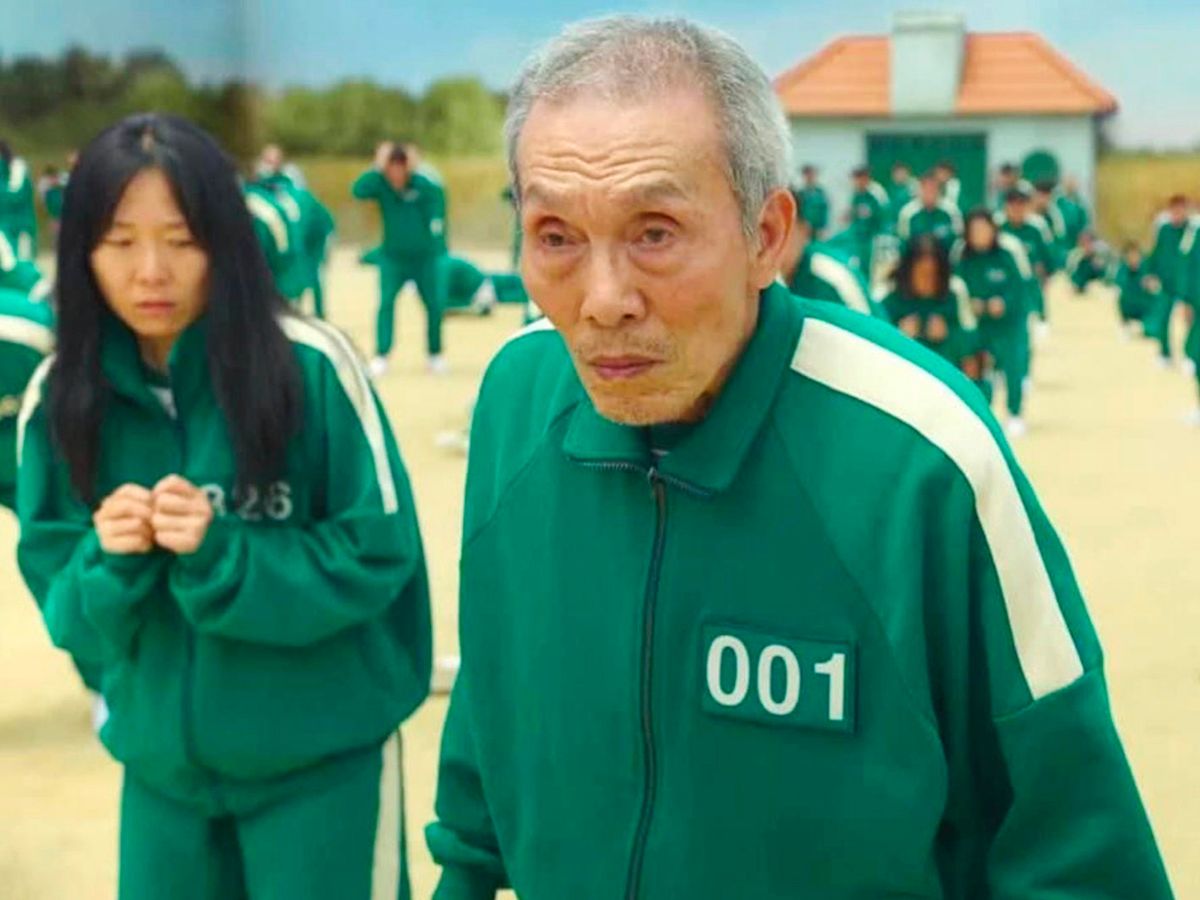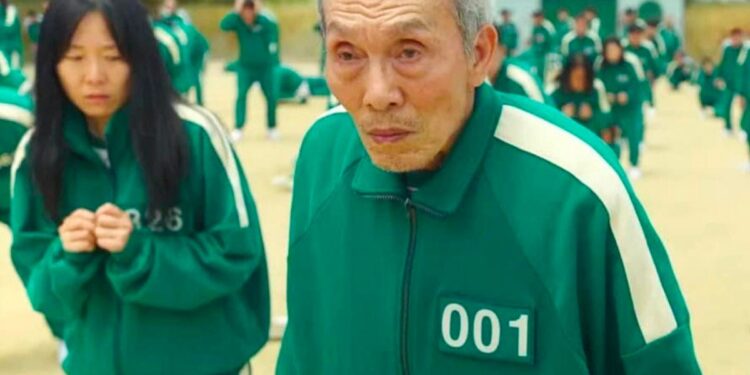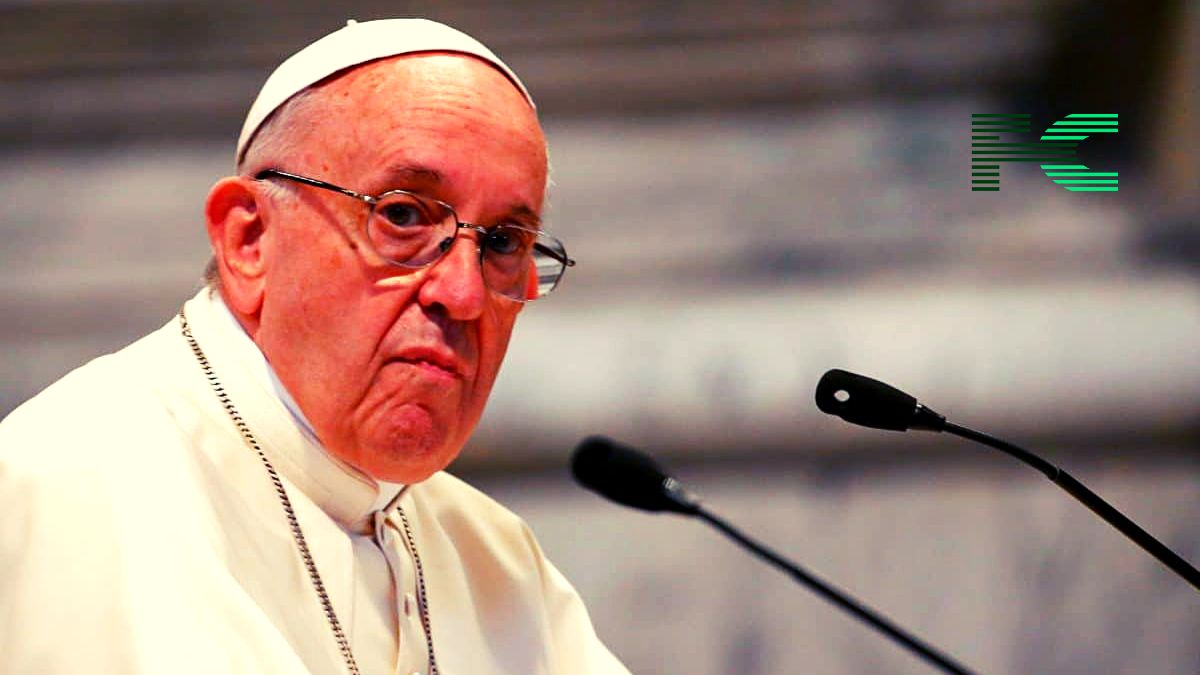In a stunning legal reversal, a South Korean court has acquitted 81-year-old Squid Game star O Yeong-su on sexual misconduct charges, overturning a prior guilty verdict by suggesting the accuser’s memory may have been “distorted” by time.
The acquittal ends a years-long legal battle that began in 2022 when the actor was charged with assaulting a woman in 2017. While the court cited “doubt” as the basis for its decision, it delivered a deeply conflicted ruling, simultaneously noting it was “possible” O had committed the assault, pointing to a past apology he made to the victim.
The verdict was met with immediate outrage from the accuser and women’s rights groups. “Despite today’s ruling, I will continue to speak the truth to the very end,” the woman said in a statement. The organization Womenlink condemned the decision as one that “once again conceals sexual violence.” For his part, O expressed “gratitude to the court for its wise judgement,” marking a dramatic fall and partial redemption for the first South Korean to win a Golden Globe for his role in the global Netflix phenomenon.

Why It Matters
This “surprising verdict” is less a clear exoneration and more a testament to a legal system struggling to adjudicate “he said, she said” cases years after the fact. The court’s reasoning—citing “distorted” memory while acknowledging the possibility of guilt—is a judicial paradox that satisfies no one.
It grants the defendant the benefit of the doubt while implicitly validating the victim’s long-standing pain, creating a verdict that feels more like a messy compromise than a pursuit of justice. For O Yeong-su, the legal nightmare may be over, but the court of public opinion is now left with an inconclusive and deeply unsatisfying ending. This case doesn’t close a chapter on #MeToo in South Korea; it highlights the agonizing difficulty of proving such cases and the complex, often painful, gray areas that remain when the legal process is exhausted.

















